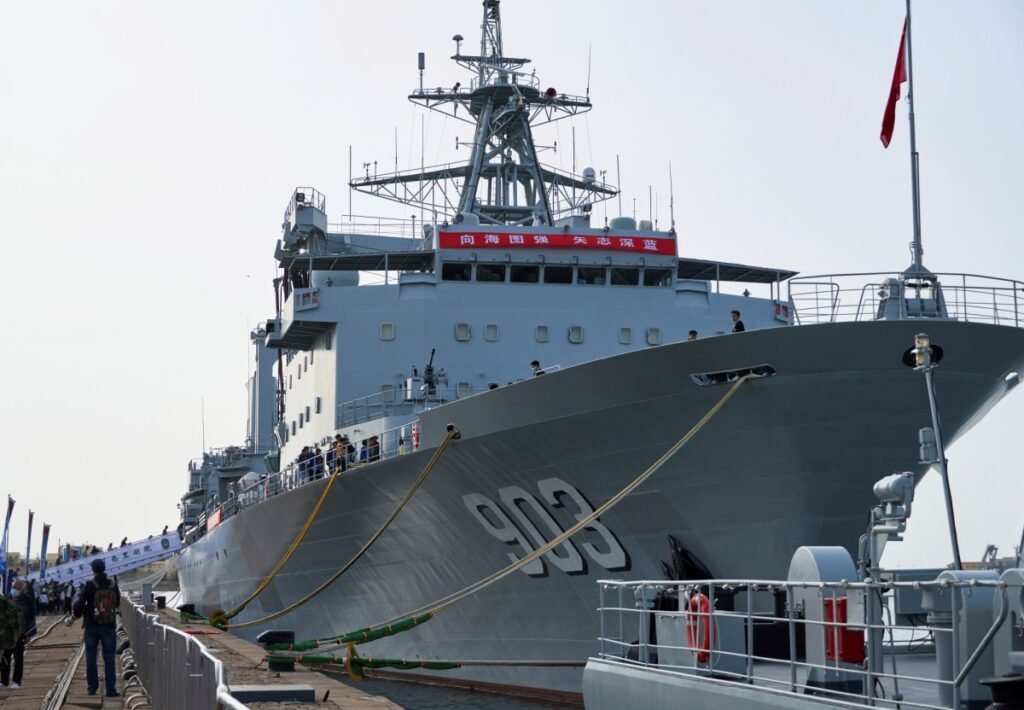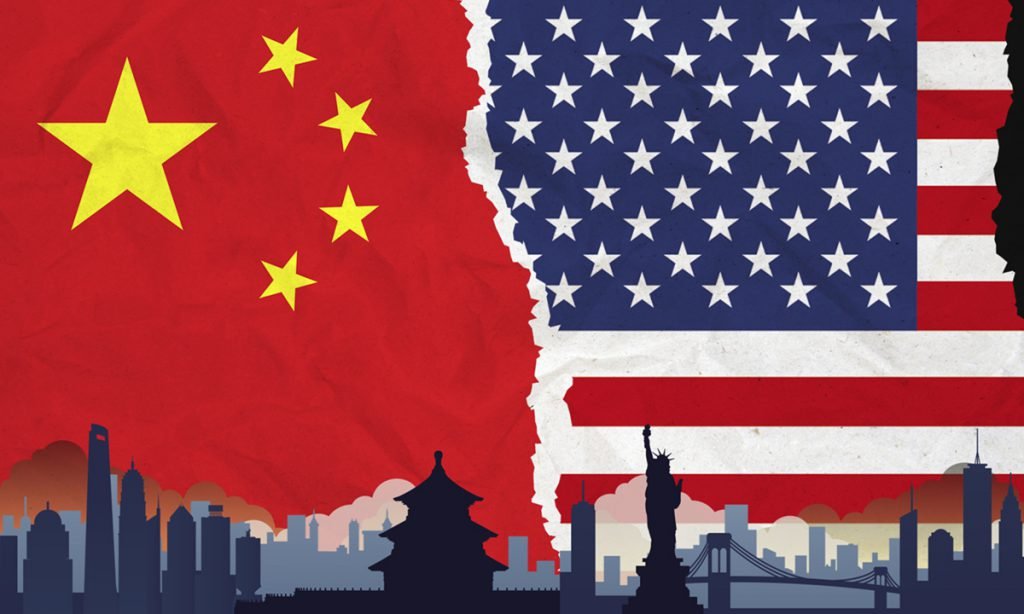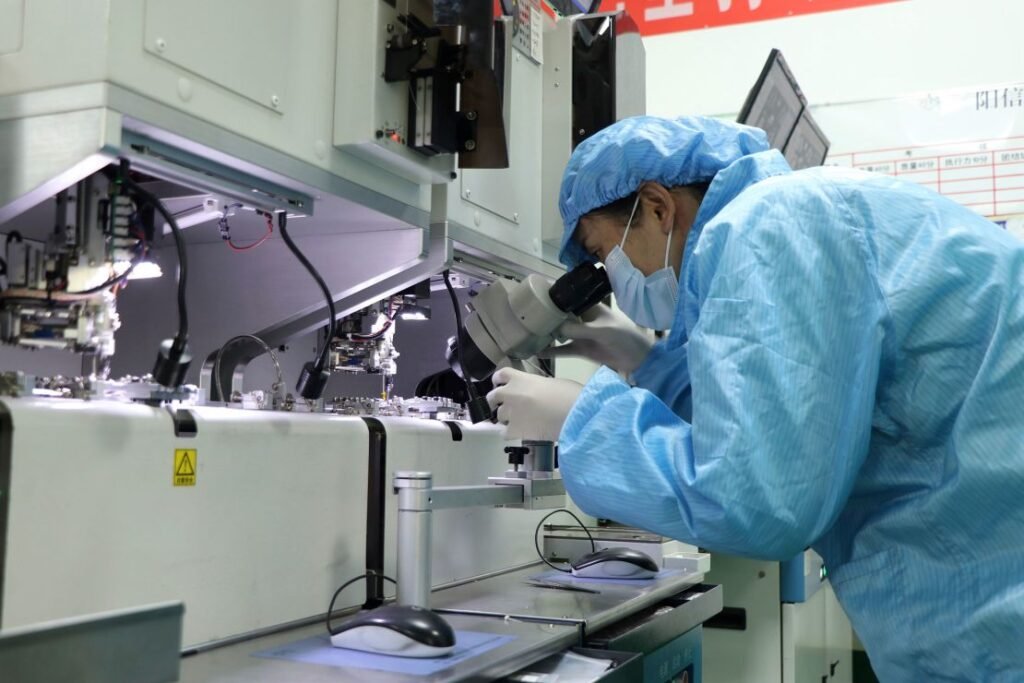
Beijing is rapidly closing the gap on the United States in the global artificial intelligence race, sparking fears that China’s advancements could fuel strategic military capabilities and amplify disinformation, according to a Wall Street Journal report. Multinational banks, universities, and tech companies across Europe, the Middle East, Africa, and Asia are increasingly adopting Chinese language models like DeepSeek, signaling a shift in AI dominance.DeepSeek’s AI model made headlines earlier this year when it triggered a massive U.S. stock sell-off, reportedly developed in less time and at a fraction of the cost of American counterparts. This cost-effectiveness, coupled with China’s open-source AI models, is drawing global adopters. Alibaba’s flagship open-source model, for instance, has spawned over 100,000 derivative models, allowing developers to customize solutions, enhancing their competitiveness.
What Microsoft President Brad Smith told US Senate on AI race
“The No. 1 factor that will define whether the U.S. or China wins this race is whose technology is most broadly adopted in the rest of the world,” Microsoft President Brad Smith told a Senate hearing last month. “Whoever gets there first will be difficult to supplant.”China’s ambitions extend beyond economics. Military journals suggest Beijing is exploring AI for strategic advancements, raising concerns about potential unrestricted AI development if cooperation with the U.S. on safety and security falters. Such a scenario could lead to unprecedented military and societal threats, experts warn.
Chna’s DeepSeek vs America’s OpenAI
Despite U.S. restrictions on chip exports, Chinese firms have thrived, posing challenges for American tech giants like Google, Meta, and Nvidia. Nvidia alone could lose $10 billion in revenue due to restricted sales of its H20 AI chip to China, according to Jefferies. This marks a stark contrast to 2018, when U.S. investors funded 30% of the $21.9 billion Chinese AI sector, per PitchBook. U.S. companies are fighting back. OpenAI, led by CEO Sam Altman, is expanding its AI reach in Europe and Asia to maintain dominance. “We want to make sure democratic AI wins over authoritarian AI,” Altman said in May. However, China’s lower-cost models, like DeepSeek—described as 17 times cheaper yet comparable in quality by Latenode co-founder Oleg Zankov—are pressuring U.S. competitors to justify their pricing.Additionally, clients prioritizing data security are drawn to Chinese open-source models, which can operate offline, further boosting their appeal. As global adoption of Chinese AI grows, experts warn that Beijing’s bots could become a powerful tool for spreading state-influenced narratives, amplifying China’s global influence. The race for AI supremacy is intensifying, with far-reaching implications for technology, security, and global power dynamics.






